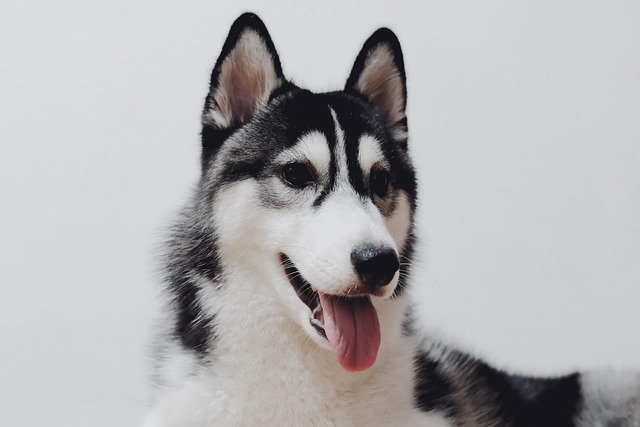
How do I get rid of my dog's smelly breath?
If your beloved dog has developed a less-than-pleasant odor coming from their mouth, you're probably wondering how to address this issue.
When the owner finds that the dog frequently goes in and out of the kennel, excretes unformed feces, or even has blood in the stool, the owner's heart will be filled with worry. Diarrhea not only makes the dog weak and uncomfortable, but also affects every nerve of the owner. At this time, the dog's diet choice becomes particularly important, and the question of "Is wet food suitable for dogs with diarrhea" has also become the focus of many owners who are eager to find an answer. In this critical period related to the health and recovery of dogs, scientific dietary advice and warm emotional care are indispensable.
The causes of dog diarrhea are complex and varied, including viral infection, bacterial invasion, food allergies, sudden changes in dog food, and even weather changes. Diarrhea can damage the dog's intestinal mucosa, reduce digestion and absorption functions, and the body will also fall into a dehydration crisis due to the loss of a large amount of water and electrolytes. In this case, the diet needs to take into account multiple needs such as easy digestion, nutritional supplements, and reducing gastrointestinal burden. As an important part of a dog's daily diet, wet food has a soft texture and high water content. It seems to be in line with the needs of dogs with diarrhea, but the actual situation is far more complicated than it seems.
From a professional perspective, high-quality wet food does have many characteristics suitable for dogs with diarrhea. Its high water content can effectively replenish the water lost by dogs due to diarrhea and prevent dehydration. At the same time, compared with dry food, wet food has a fine texture, does not require dogs to chew hard, and is easier to digest and absorb, which to a certain extent reduces the work pressure on the intestines. Imagine a dog who is listless due to diarrhea. Faced with dry and hard dry food, he may have no appetite, but a bowl of wet food with an attractive aroma and soft and delicious taste can arouse his desire to eat. When the dog slowly extends his tongue and licks the wet food, the owner's hanging heart will also be slightly relieved, because it means that the dog begins to take in energy and takes the first step towards recovery.
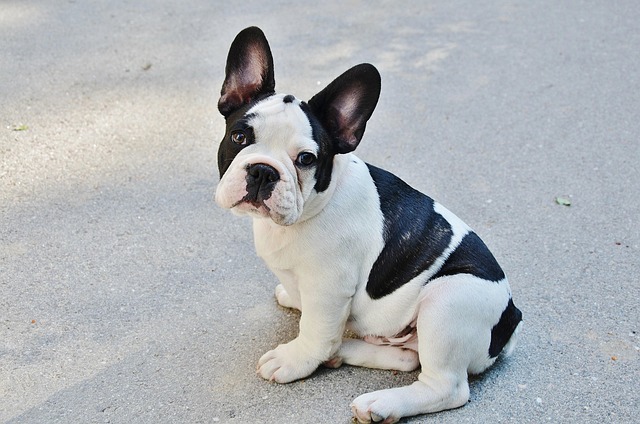 However, not all wet food is suitable for dogs with diarrhea. In order to pursue taste and flavor, some wet food adds more meat by-products, artificial flavors and preservatives. These ingredients may be an unbearable burden for dogs with diarrhea whose intestines are fragile, and may even irritate the intestines and aggravate the symptoms of diarrhea. Moreover, the protein and fat content of some wet food is too high, which exceeds the digestive capacity of the dog's stomach and intestines during diarrhea, which can easily lead to indigestion, making the already bad situation worse. As one owner shared, he was eager to supplement the dog's nutrition in the early stage of diarrhea and fed the dog with high-protein wet food. As a result, the dog's diarrhea not only did not improve, but became more serious, which made him regret it.
However, not all wet food is suitable for dogs with diarrhea. In order to pursue taste and flavor, some wet food adds more meat by-products, artificial flavors and preservatives. These ingredients may be an unbearable burden for dogs with diarrhea whose intestines are fragile, and may even irritate the intestines and aggravate the symptoms of diarrhea. Moreover, the protein and fat content of some wet food is too high, which exceeds the digestive capacity of the dog's stomach and intestines during diarrhea, which can easily lead to indigestion, making the already bad situation worse. As one owner shared, he was eager to supplement the dog's nutrition in the early stage of diarrhea and fed the dog with high-protein wet food. As a result, the dog's diarrhea not only did not improve, but became more serious, which made him regret it.
So, how to choose the right wet food for dogs with diarrhea? First of all, pay attention to the ingredient list and give priority to products with simple and natural ingredients. The ideal wet food should be based on a single high-quality animal protein, such as chicken and fish, and avoid allergenic ingredients such as soy and corn. At the same time, the water content of wet food should be moderate and not too high, so as not to further dilute the dog's digestive juices. In terms of feeding amount, we should follow the principle of eating small meals frequently, and gradually adjust the feeding amount according to the dog's weight and recovery.
In addition to choosing the right wet food, you also need to pay attention to the feeding method. You can mix wet food with warm water and make it into a paste, which can not only improve the palatability but also help the dog digest it. After the dog's diarrhea symptoms have been alleviated, you should not rush to resume normal diet, but should gradually transition. You can first mix wet food with a small amount of easily digestible dog food, observe the dog's reaction, and if everything is normal, slowly increase the proportion of dry food. This step-by-step process, like caring for a sick child, requires the owner's care and patience.
When a dog suffers from diarrhea, every dietary decision carries the owner's full love and expectations. Choosing the right wet food is an important weapon to help dogs overcome diseases, but the premise is based on an understanding of the dog's physical condition and the recognition of the characteristics of wet food. In this battle against the disease, the owner's company and scientific feeding, like the warm sunshine, will eventually dispel the haze and allow the dog to regain vitality, wag its tail, and run towards a joyful tomorrow.

If your beloved dog has developed a less-than-pleasant odor coming from their mouth, you're probably wondering how to address this issue.
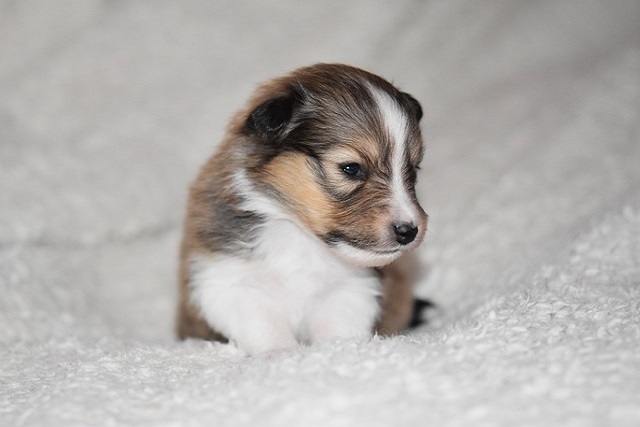
When you see other people’s Toy Poodles prancing around like walking cotton balls—their fluffy, soft curls bouncing with every step—while your own pup’s coat lies flat and lifeless,
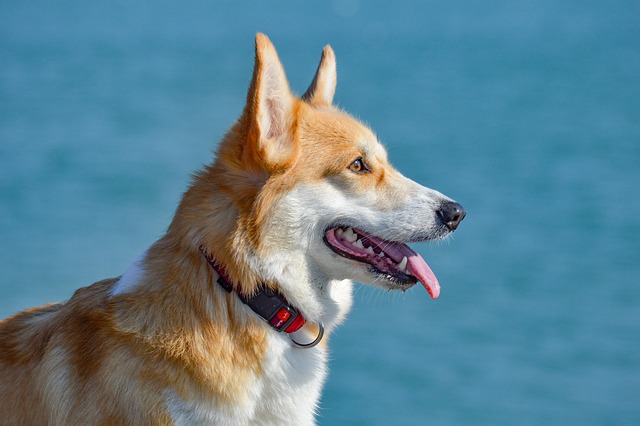
When your Husky wags its tail and bounds toward you, ready for a hug, only to be met with an overpowering odor that makes you recoil,
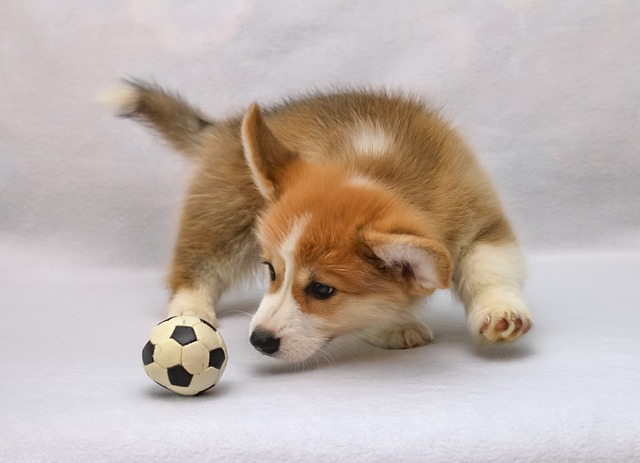
In the living room late at night, the table lamp casts a gentle halo in the corner. Your dog is curled up in a furry nest, and his belly rises and falls gently with his breathing.
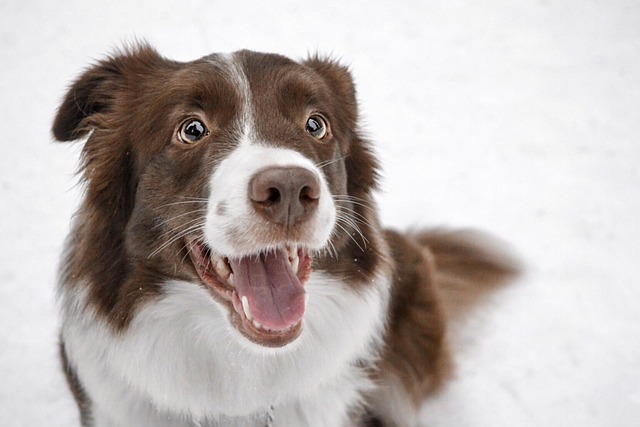
In the eyes of these fluffy little beings, every moment of putting on a leash signifies a new adventure. When owners stand by the door holding the leash, dogs always wag their tails excitedly, full of anticipation for the upcoming walk.
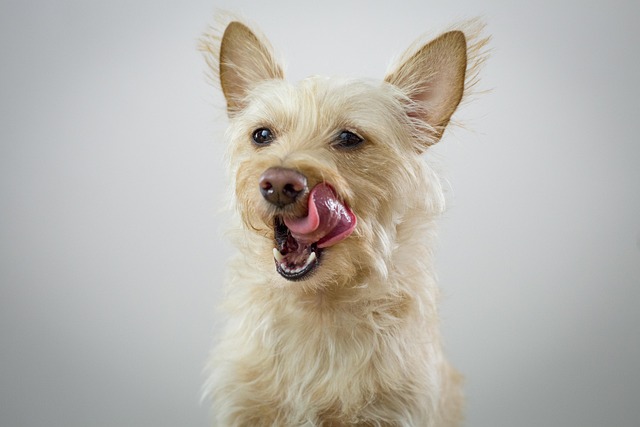
Samoyed's pure white fur, like the purest snowflakes in winter, is their most proud feature. However, when these snow-white hairs start to turn yellow,